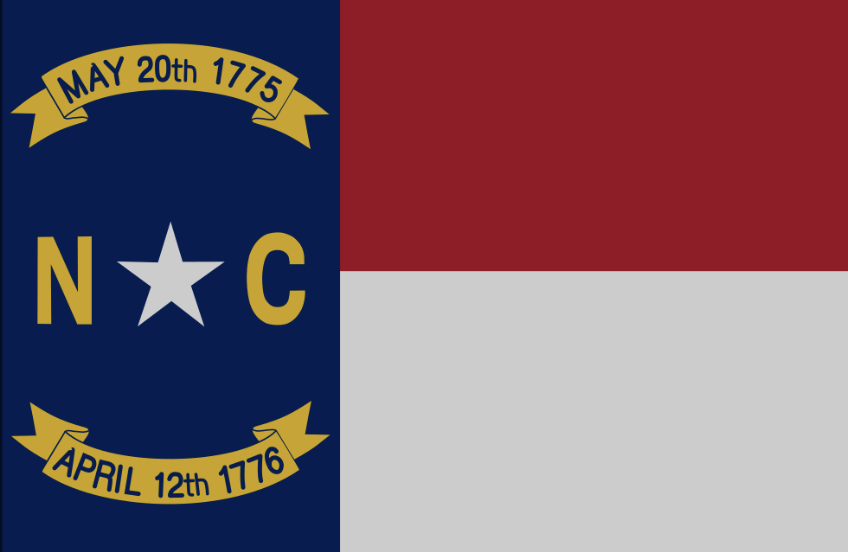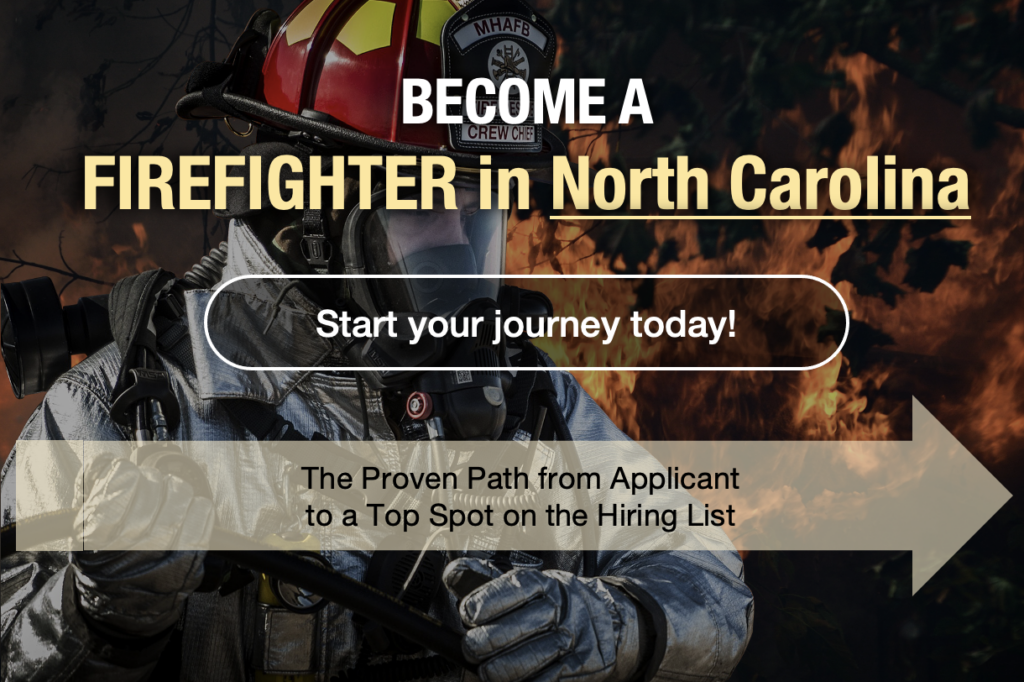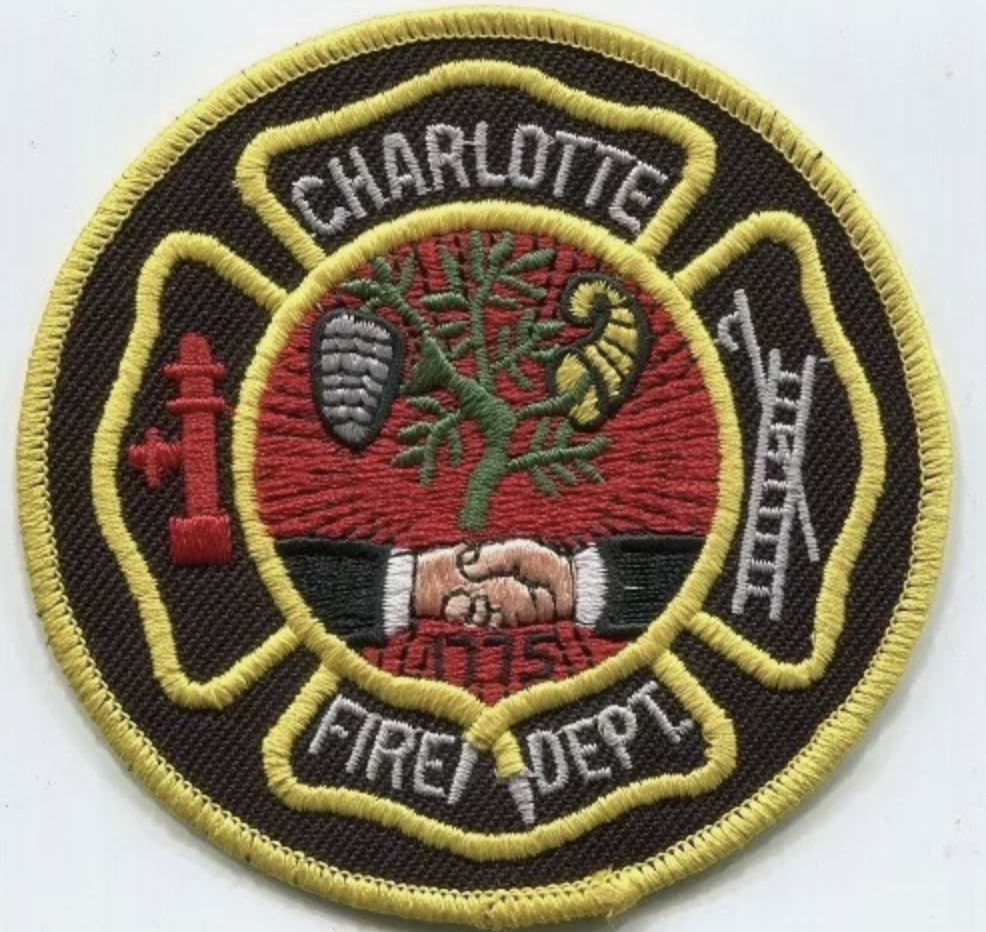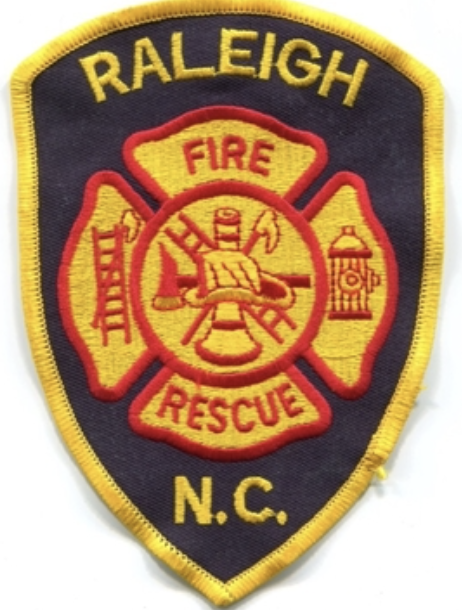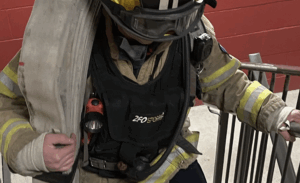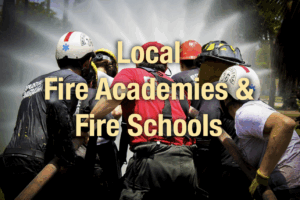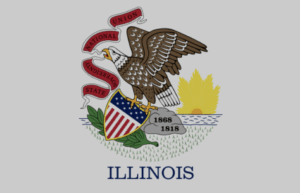If you’re wondering how to become a firefighter in North Carolina, you’re not alone.
Becoming a firefighter in North Carolina offers a fulfilling career of service to your community.
With various opportunities across urban areas like Charlotte and Raleigh, as well as smaller communities, the path to becoming a firefighter in this state requires thorough preparation, testing, and commitment.
This guide walks you through the necessary steps, state-specific requirements, and key information to help you navigate the firefighter hiring process in North Carolina.
General Steps to Become a Firefighter in North Carolina
Becoming a firefighter in North Carolina requires dedication, physical endurance, and the ability to handle stressful situations. Follow these steps to start your journey to a career in firefighting.
1. Meet Basic Eligibility Requirements
The first step is to meet the basic eligibility criteria, which typically include:
- Age & Education: You must be at least 18 years old and possess a high school diploma or GED.
- Driver’s License: You’ll need to hold a valid North Carolina driver’s license (Class C).
- Residency: Some fire departments may require you to live within a certain distance from the station.
2. Complete Firefighter Training Program
North Carolina has specific training requirements that all firefighter candidates must meet:
- Firefighter candidates must complete training that is certified by the North Carolina Fire and Rescue Commission (NCFRC). This includes both classroom and practical training.
- Common certifications include Firefighter I and Firefighter II certification, which are required before being hired in many departments.
3. Obtain Emergency Medical Certification
While not always a requirement to apply, obtaining EMT (Emergency Medical Technician) certification or Paramedic certification significantly boosts your eligibility and is mandatory for many departments. This allows you to respond to medical emergencies as part of your firefighting duties.
4. Apply to Fire Departments in North Carolina
Once you meet the training and certification requirements, research and apply to fire departments. North Carolina has a range of municipal fire departments and fire districts that may vary in their requirements, including:
- Application deadlines: Pay close attention to when departments are accepting applications.
- Department-specific certifications: Some departments may require additional certifications or specific training.
5. Pass the Firefighter Entrance Exam
The firefighter entrance exam is a key hurdle in the hiring process in North Carolina. The exam generally consists of the following components:
- Written Exam: Tests basic skills such as reading comprehension, mechanical reasoning, math, and problem-solving. A strong performance on this exam is critical for ranking high in the eligibility list.
- Physical Ability Test (CPAT or equivalent): This tests your physical endurance and ability to perform tasks like dragging hoses, climbing stairs, and other physical firefighting activities under pressure.
- Oral Interview: The interview evaluates your communication skills, judgment, commitment, and understanding of the firefighting profession. This is an opportunity to demonstrate your character and motivation.
6. Undergo a Background Check and Psychological Evaluation
Background checks will assess your criminal history, driving record, and past employment. Additionally, a psychological evaluation helps ensure you have the mental resilience to handle the stresses of firefighting.
7. Complete a Medical Examination
Firefighters need to maintain excellent physical health. A medical examination will test your vision, hearing, cardiovascular fitness, and overall physical health to ensure you’re fit for the demands of the job.
8. Attend a Fire Academy
If you pass the tests and are selected for employment, you’ll attend a fire academy for in-depth training. North Carolina has various fire academies, including those associated with community colleges like Wake Technical Community College and Forsyth Technical Community College. These programs include both classroom instruction and hands-on training.
9. Engage in Ongoing Professional Development
Firefighting is a profession that demands continuous education. Pursuing advanced certifications such as Hazardous Materials Response, Fire Officer, and Technical Rescue certifications will keep you competitive and ready for promotions.
Why Scoring High on the Firefighter Exam in North Carolina is Crucial
No matter where you apply in North Carolina, passing the firefighter exam is crucial. Here’s why:
Your success on the firefighter exam plays a pivotal role in your career prospects.
Each department uses the results of the entrance exam to create a ranked list of candidates, and departments typically hire directly from this list. Here’s what to expect:
- Written Exam: The higher your score, the better your chances of ranking at the top.
- Physical Ability Test (PAT or CPAT): The physical test is a rigorous part of the process. Scoring well ensures you demonstrate the physical stamina and skills needed for the job.
- Oral Interview: This is your chance to stand out as a candidate who’s not only physically qualified but also emotionally and mentally prepared for the demands of firefighting.
The higher your score, the better your chances of getting hired.
Becoming a Firefighter in Charlotte, North Carolina
The Charlotte Fire Department is one of the largest and busiest in the state.
Here’s what you can expect from their hiring process:
- Educational and Age Requirements: You must be at least 18 years old with a high school diploma or GED. Some departments may also require a minimum of an Associate’s degree or equivalent college credits.
- Driver’s License: A valid North Carolina Class C driver’s license is required.
- EMT Certification: EMT or Paramedic certification is often required before final hire.
- Application Process: Submit an online application during open recruitment periods, and ensure you include all necessary documentation, including certification and transcripts
- Apply here: Prospective applicants can find more information on the Charlotte NC Fire Department’s official firefighter website.
Becoming a Firefighter in Raleigh, North Carolina
The Raleigh Fire Department has similar criteria for hiring:
- Education and Age Requirements: You must have at least a high school diploma or GED, and you must be at least 18 years old.
- Physical and Written Tests: These tests assess your physical ability and written knowledge, with strong performance in both areas critical for moving forward.
- Application Process: Applications are typically submitted online during open recruitment periods.
- Apply here: Prospective applicants can find more information on the Raleigh NC Fire Department’s official firefighter website.
Considerations for becoming a firefighter in other regions in North Carolina
For other regions in North Carolina, such as the Wake County Fire Services, you can visit their recruitment page for more information:
- Wake County Fire Services Recruitment: Apply Here
- Wake County offers a “Career in a Year” program, allowing candidates to apply to multiple departments simultaneously. This program provides a streamlined path to becoming a firefighter in the county.
It’s important to regularly check these websites for the most current information on application deadlines, eligibility requirements, and recruitment events.
Additionally, subscribing to interest lists or newsletters, such as the Raleigh Fire Interest Card, can provide timely updates on upcoming opportunities.
Additional Considerations for Becoming a Firefighter in North Carolina
- Residency Requirements: Some departments in North Carolina, including those in Mecklenburg County, may require candidates to live within a certain distance from the fire station.
- Physical Fitness: Maintaining good physical fitness is key to passing the physical ability test and succeeding in the job.
- Continued Education: Firefighters in North Carolina are encouraged to participate in ongoing professional development and training to stay current on fire safety techniques, equipment, and emergency medical practices.
Final Thoughts: How to Become a Firefighter in North Carolina
Becoming a firefighter in North Carolina — especially in major cities like Charlotte, and Raleigh— is competitive but achievable. If you meet the eligibility requirements, earn your EMT certification, and excel on the firefighter entrance exam, you’ll have a strong chance of joining the fire service.
Embarking on a career as a firefighter in North Carolina requires hard work and dedication.
With the right training, preparation, and knowledge of the state’s requirements, you can set yourself up for success and begin a rewarding career serving your community.
Stay focused, stay fit, and prepare for every step. The fire service needs people like you — committed, capable, and ready to protect and serve.

